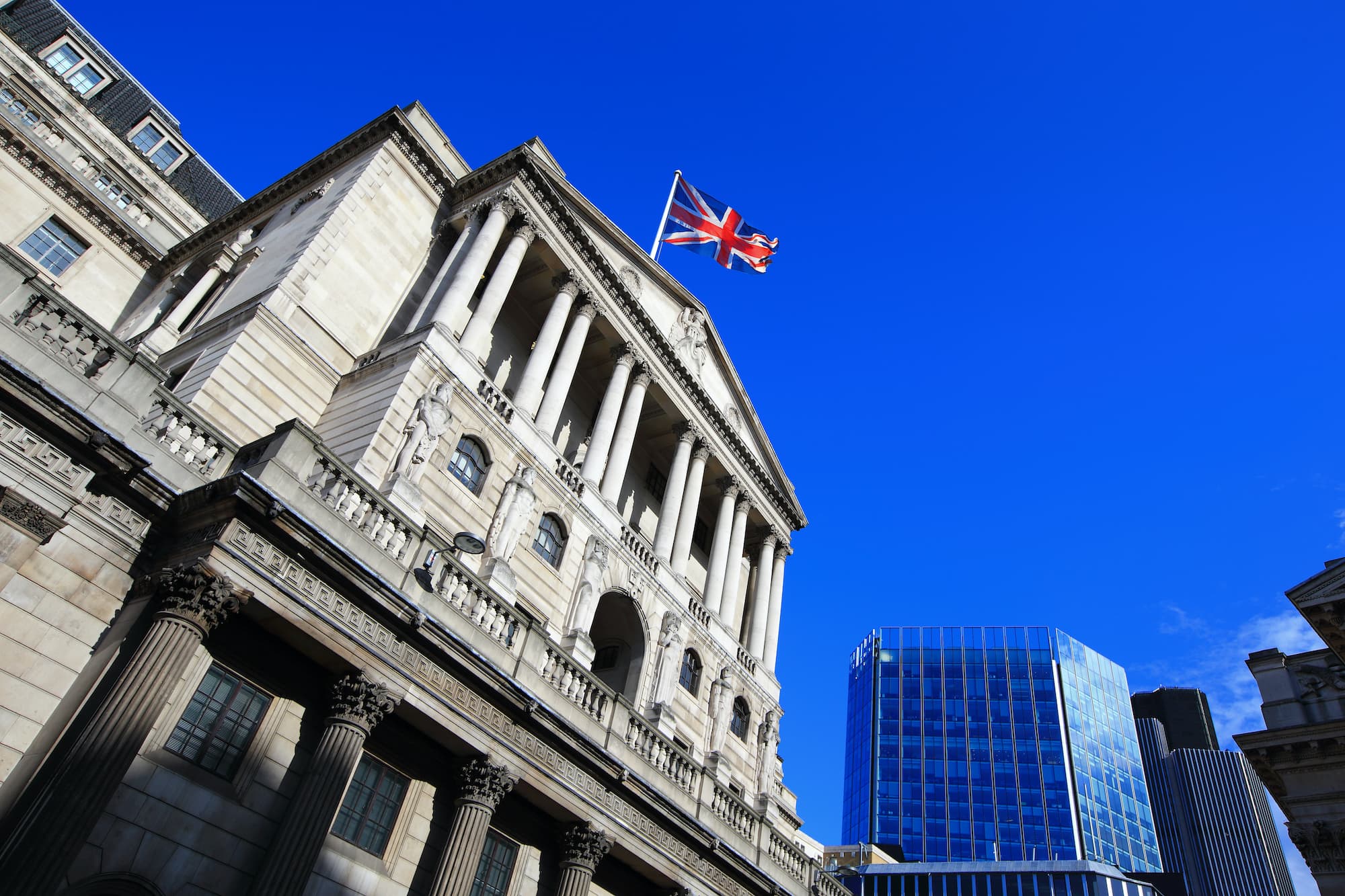
On June 16, members of the Banks monetary policy committee voted to increase the base rate by 0.25%, taking it to 1.25%, resulting in The Bank of England raising it’s interest rates for the fifth consecutive time in a bid to cool soaring inflation, a rise that will affect more than 850,000 homeowners almost immediately. The theory behind this is that raising interest rates makes borrowing more expensive, which should put us off spending and borrowing and encourages us to start saving instead. With less demand for goods and services, prices should fall, so slowly cooling inflation. But what does this mean for base rate increases on commercial mortgages?
- Lending for variable or new facilities will become more expensive as interest rates rise, making it more difficult to raise the required funds for large property acquisitions or commercial developments etc.
- Mortgage costs may increase if a fixed-rate product ends, raising property costs and making it impractical and unaffordable for some businesses to maintain their current property portfolios.
- However, on the flipside, rising interest rates could potentially result in higher yields and lower vacancy rates for existing commercial properties.
Interest rates can have a significant impact on businesses that are borrowing cash, whether these are business loans, credit card loans or commercial mortgages. An increase in rates could see you paying more for your loan, which would increase your overheads and put pressure on your cash flow. If you experience cash flow difficulties, additional pressure could impact your ability to attract investors. There are some ways to help protect your business and if you have commercial finance that may be affected by these changes it is worth getting advice to see whether it’s worth refinancing this onto a fixed rate product.
Fixed rate commercial mortgages
Commercial mortgages can have interest rates that are fixed or variable. A fixed commercial mortgage has terms that allow the borrower to repay a lower rate of interest for a set period of time (often between 2 – 5 years). Once this period is over, the borrower will begin to pay a higher rate of interest on the lenders standard variable rate. In a fixed-rate mortgage, the interest you pay is ‘fixed’, regardless of changes in the underlying base rate.
Fixed-rate commercial mortgages are popular amongst businesses who want to know exactly how much their monthly payment will be each month, or amongst those who are looking at the increasing rates and need more certainty. If a business feels that inflationary pressures are going to mean that the next move in rates will continue to be upwards, then fixing that commercial mortgage at a currently available fixed rate would make sense. With rising costs in fuel and energy that companies have no control over, securing a fixed rate mortgage could be one aspect of your business that you can control.
For further information and advice on how base rate increases on commercial property will affect you and fixed rate commercial mortgages, please contact us here.
